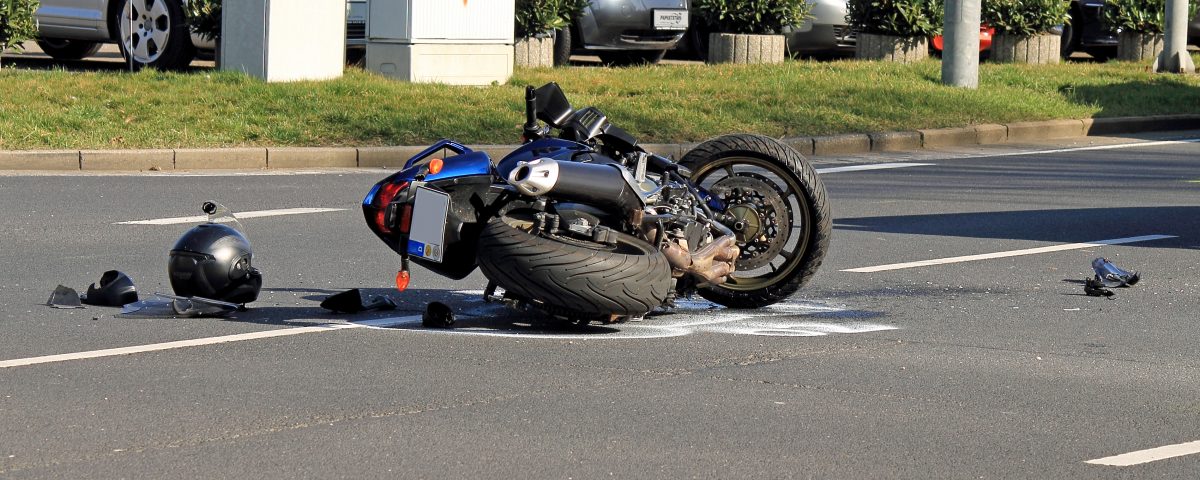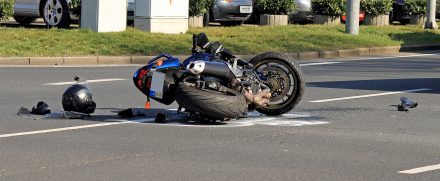Austin v. Commissioner, T.C. Memo. 2017-69

GGU MST: Why is the Golden Gate University Masters in Taxation So Well Known?
Per a recent DOJ press release (which can be seen by clicking here) Dan Kyle, owner of Kyle Racing in Sand City, CA, pleaded guilty to a tax fraud scheme. The scheme is almost as old as time, in which he admitted to failing to report certain cash receipts and instructing employees to not issue invoices in those cases. He also admitted to structuring as part of the scheme. Per the press release, the pertinent facts admitted in the plea agreement were as follows:
Kyle acknowledged that he did not issue invoices to customers who paid cash. He also admitted that he instructed his employees to not issue invoices to cash-paying customers. Kyle admitted he took these steps to underreport his income to the IRS and used the cash he received from his customers to purchase money orders from various United States Post Offices.
In addition, Kyle admitted that between August 8, 2007, and March 22, 2014, he “structured” his cash purchases of money orders to avoid detection. He admitted that he knew anyone purchasing $3,000.00 or more in postal money orders in one day is required to submit a transaction report. Instead of submitting the report, Kyle admitted he intentionally purchased less than $3,000 per day to avoid triggering reporting requirements.
According to his plea agreement, between August 8, 2007, and March 22, 2014, Kyle purchased, with cash, more than $825,000 worth of money orders. Kyle used the money orders to purchase cars and jewelry from Audi Financial, BMW of Monterey, Tiffany and Company, Christies, Porsche Financial Services, Capital One Bank, Citibank, Monterey Credit Union, and Wells Fargo Bank. Kyle acknowledged that the tax loss for 2007 through 2013 resulting from his scheme was between $500,000 and $1,500,000.
It is unclear what eventually set the IRS onto this particula scheme. But there are a variety of ways similar cases are brought to the IRS’s attention. For one, while cash transaction reports are made for deposits over $10,000 and while there are reporting requirements for the purchase of more than $3,000 of money orders in one day, there is another report that is generated when the person issuing the money orders or the bank teller notices the avoidance of those requirements – a “suspicious activity report” or SAR. Perhaps counter-intuitive to those engaging in such schemes, the avoidance of reporting requirements is more of a red flag than if they had simply deposited the cash without structuring. In addition, by engaging in the avoidance of reporting requirements, there is another easy-to-prove crime that may be charged and an affirmative act showing a guilty mind.
In addition, a scheme like this involved directing others to take actions like failing to create invoices and involved failing to provide receipts to others. In some cases, an employee, customer, or competitor can turn informant, and blow the whistle on the activity (resulting in up to 25% share of the recovered taxes, if proper procedures are followed).
In any event, a plea agreement was probably the prudent choice in this case, because structuring charges are usually fairly simple to prove when the conduct spans such a long period, absent an alternative explanation for the pattern of behavior. The next step in this case is sentencing, which is scheduled for August 21.
–Daniel W. Layton, the author of this post, is a former IRS trial attorney and former Federal prosecutor who was tasked with handling criminal tax prosecutions and civil litigation including tax refund suits, lien enforcement and foreclosures. As a tax attorney in private practice in Newport Beach, he uses his knowledge of IRS procedures and rules to keep the IRS in check and protect his clients’ rights. He may be contacted at (949) 301-9829.


